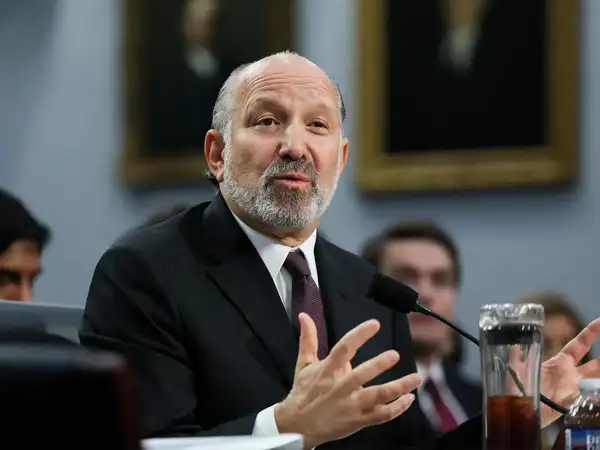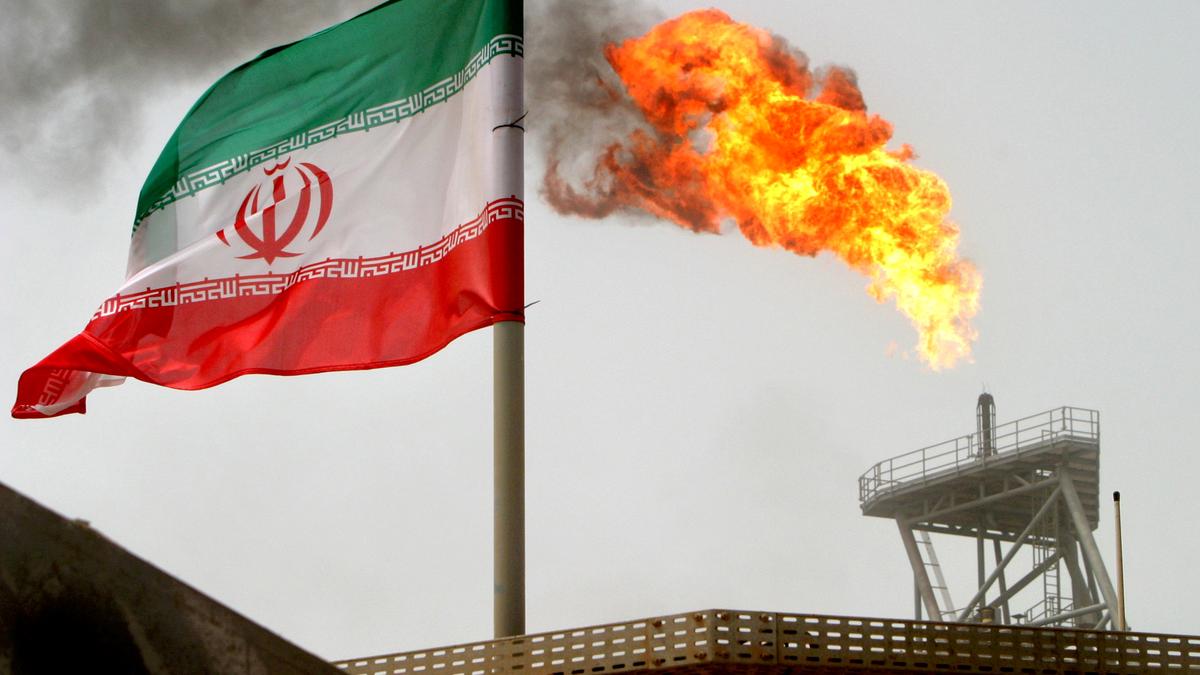



The Paris Agreement 2015 aimed at limiting global warming to 1.5°C, is facing criticism due to lack of commitments and growing dissatisfaction from developing countries, particularly small island states. The agreement's nationally determined approach and lack of financial assistance have led to minimal global climate action.

Copyright infringement not intended
Picture Courtesy: https://www.indiatoday.in/education-today/gk-current-affairs/story/paris-climate-agreement-facts-2593071-2024-09-03
The Paris Agreement was finalized in 2015 to mitigate climate change, has seen limited success and 2024 is likely to be the first year to breach the 1.5-degree Celsius limit.
The Paris Agreement, which aimed to limit global warming to 1.5°C above pre-industrial levels, is now being questioned about its effectiveness.
The lack of strong commitments and growing dissatisfaction from developing countries, including small island states, highlight the growing difficulties in addressing climate change through this framework.
Since the Paris Agreement was signed, global CO2 emissions have increased from 49 billion tonnes to 53 billion tonnes. Global emissions have increased by 8%, while average global temperatures have risen by 1.45°C since pre-industrial levels. This means that the world is rapidly approaching a tipping point, with 2024 expected to be the first year to exceed the critical 1.5°C threshold.
This rapid increase highlights the urgent need for stronger action, as the Paris Agreement's targets appear increasingly out of reach.
Unlike the Kyoto Protocol, which imposed specific obligations on developed countries, the Paris Agreement allowed each country to establish its own climate targets. This "nationally determined" approach reduced pressure on developed countries and resulted in minimal global climate action.
One major issue with the Paris Agreement is the financial assistance promised by developed countries. These nations pledged to raise $100 billion per year for climate action in developing countries, but the recent Baku agreement reduced this figure to $300 billion by 2035, far short of the trillions required.
The lack of adequate funding compromises developing countries' ability to take ambitious climate action, limiting their ability to meet the Paris commitments.
USA under Donald TrumpThe United States is expected to withdraw from the Paris Agreement once more, as it did during his previous term. This could weaken the global commitment to climate action while also eroding trust in the agreement, especially among countries most vulnerable to climate impacts. |
Small island nations and other developing countries, which are the most vulnerable to climate change, are dissatisfied with the Paris Agreement because it fails to hold developed countries accountable for their historical emissions and does not provide the necessary financial support for climate action.
These countries are now considering alternative approaches and advocating for clearer definitions of obligations through legal channels such as the International Court of Justice.
Must Read Articles:
BAKU & THE CLIMATE FINANCE GOAL
Source:
|
PRACTICE QUESTION Q.Critically analyze the concerns raised by small island nations and developing countries regarding the Paris Agreement. (250 words) |




© 2025 iasgyan. All right reserved